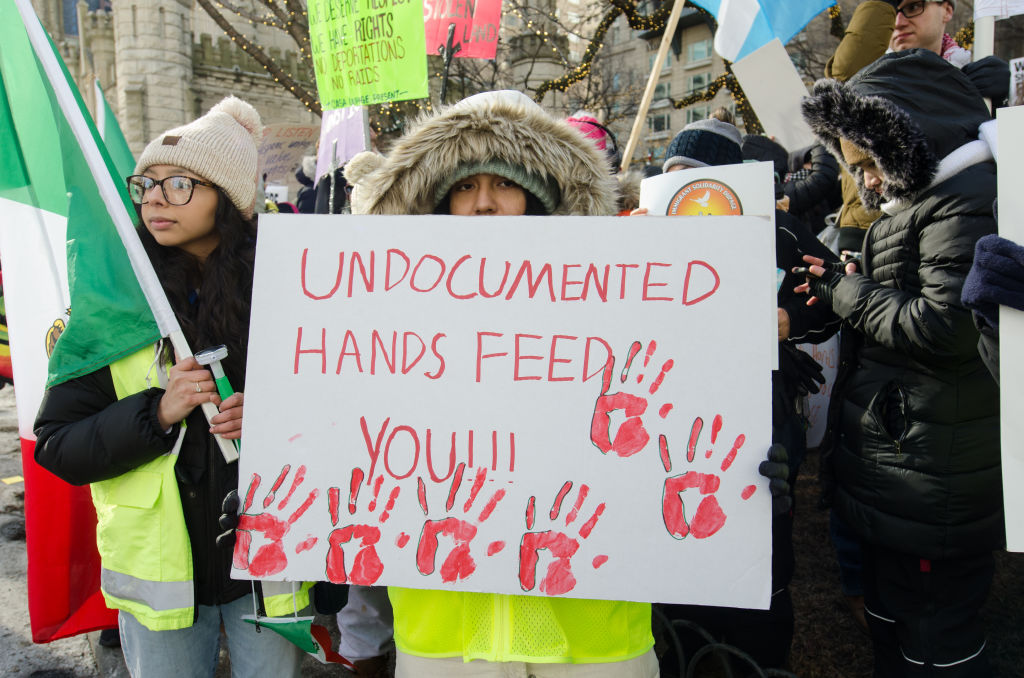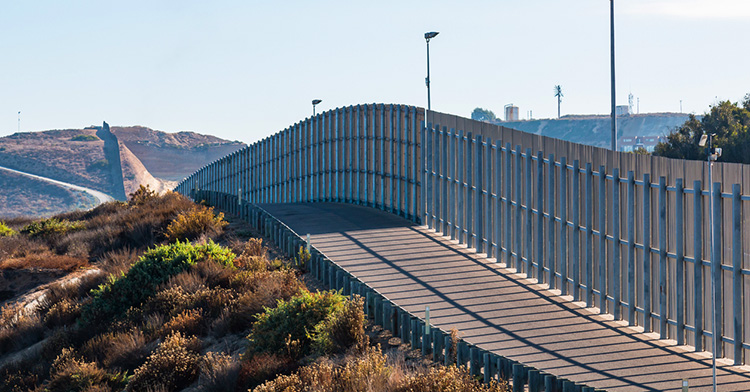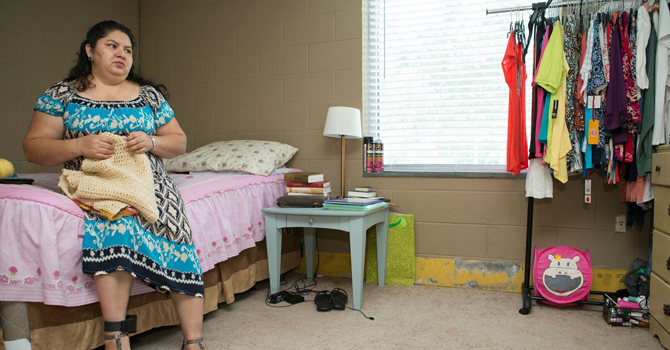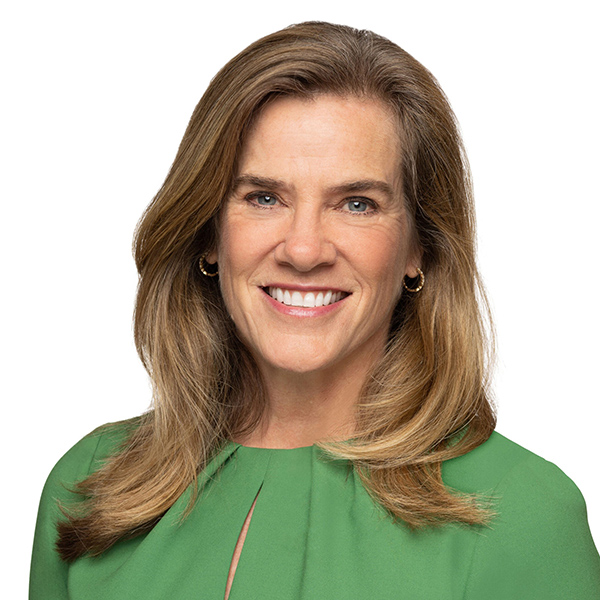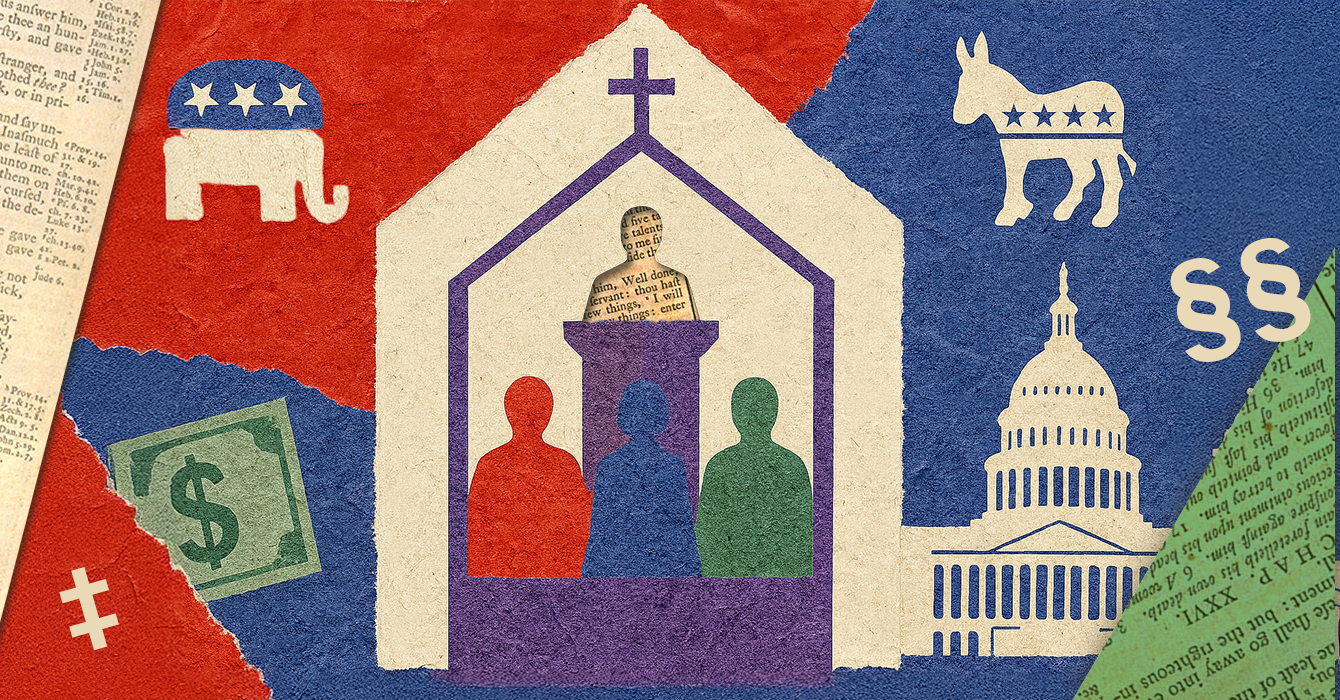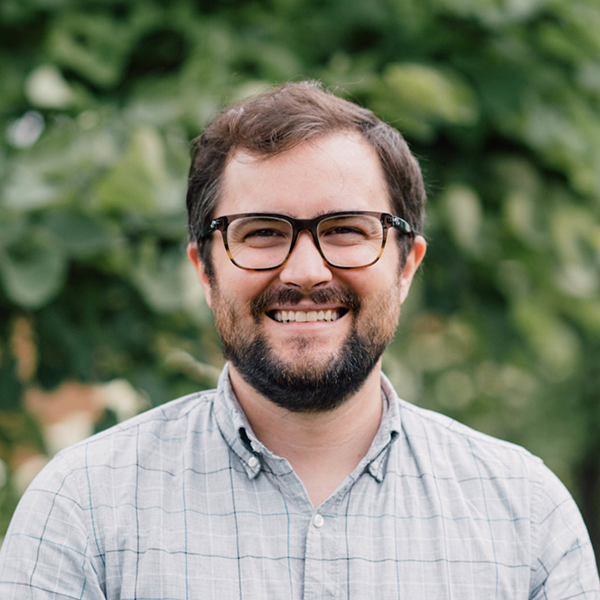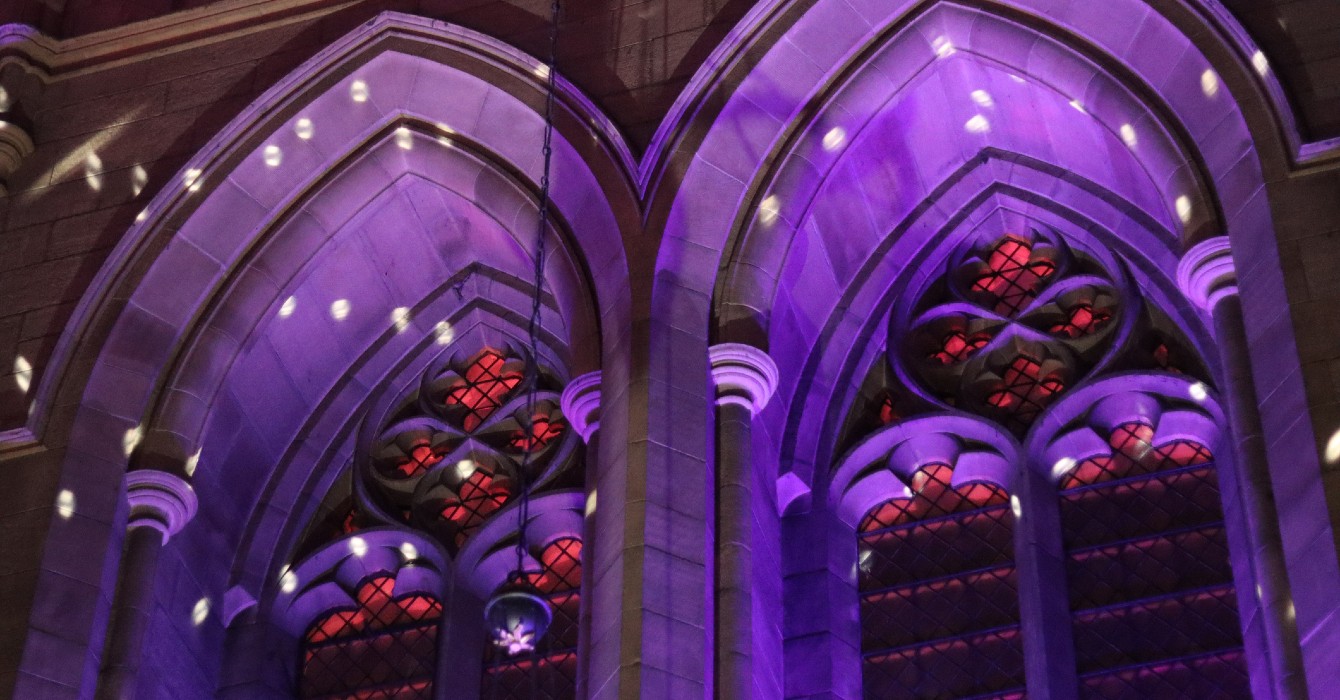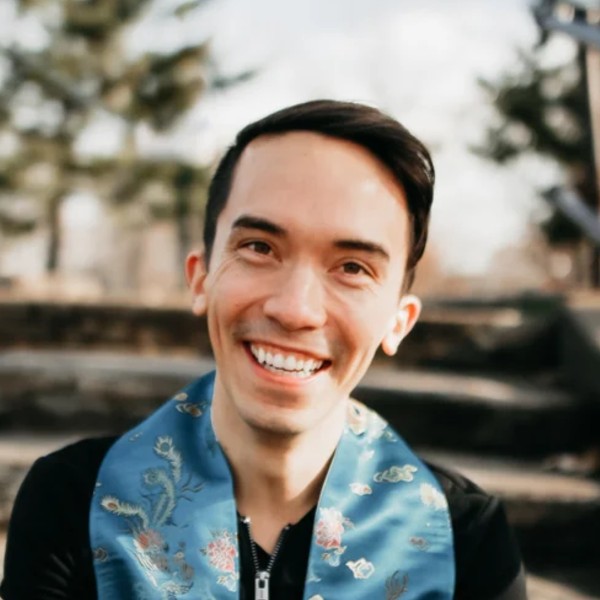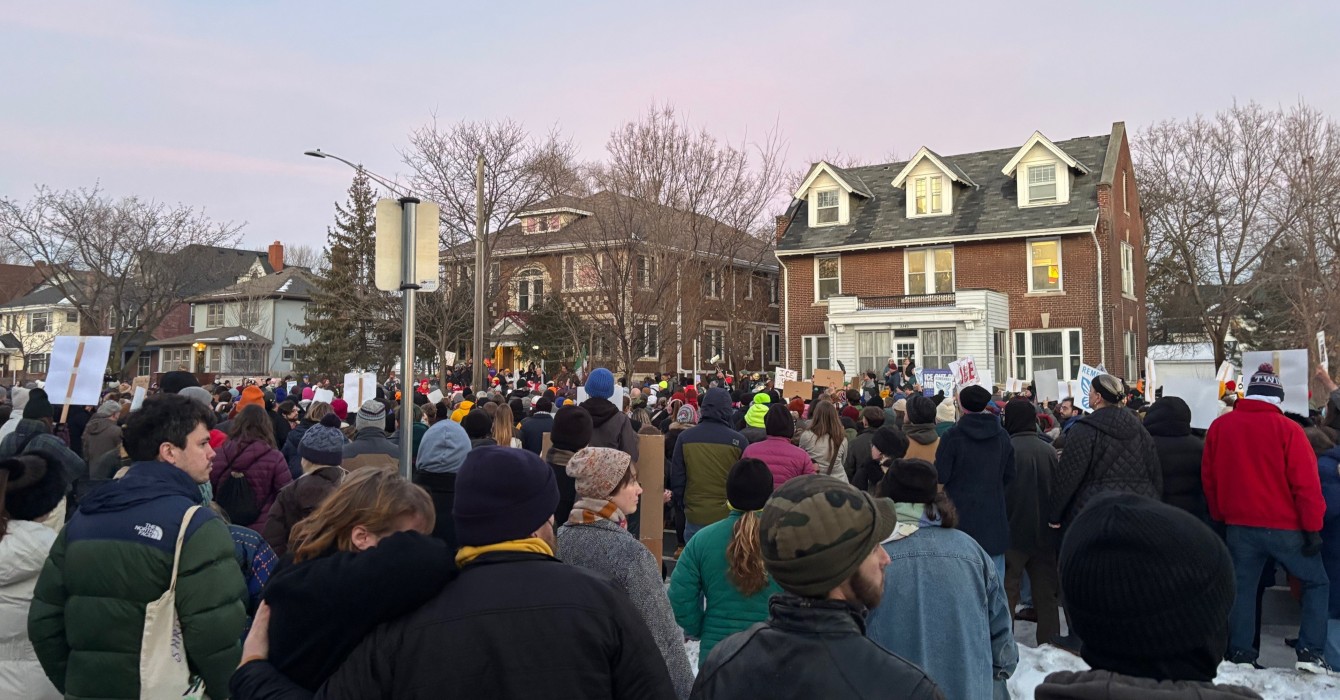For half of Donald Trump’s first term as president, I slept in a prayer room at church one night a week. I was one among dozens of volunteers who took turns providing overnight accompaniment for Rosa del Carmen, an undocumented woman who lived under our protection on church property for more than two years. Our Mennonite congregation in Chapel Hill, North Carolina, worked with the Presbyterian congregation that owned the property to remodel an office into a bedroom and a utility room into a bathroom for her.
Rosa lived at church because Trump’s administration included her among the thousands targeted for deportation as soon as he took office in 2017. She moved in after Immigration and Customs Enforcement (ICE) issued an official threat to arrest and remove her from the United States, to take her away from her children here in North Carolina and send her back to Honduras, which she had fled to escape the violence of an abuser 15 years earlier.
She found us because our two congregations of different denominations covenanted to become a sanctuary for undocumented neighbors, to make ourselves available as a refuge from ICE agents. We let organizers and activists within our immigrant justice networks know that we would do everything we could to protect and care for people in imminent danger of deportation.
We became part of a national movement of churches, synagogues and mosques that defended undocumented residents of our communities. In 2018, during our most active months here in North Carolina, our coalition of churches had six people in public sanctuary — the most, as far as I’m aware, of any state. I write more on the Christian tradition of church sanctuary in Chapter 6 of my forthcoming book, “Migrant God: A Christian Vision for Immigrant Justice.”
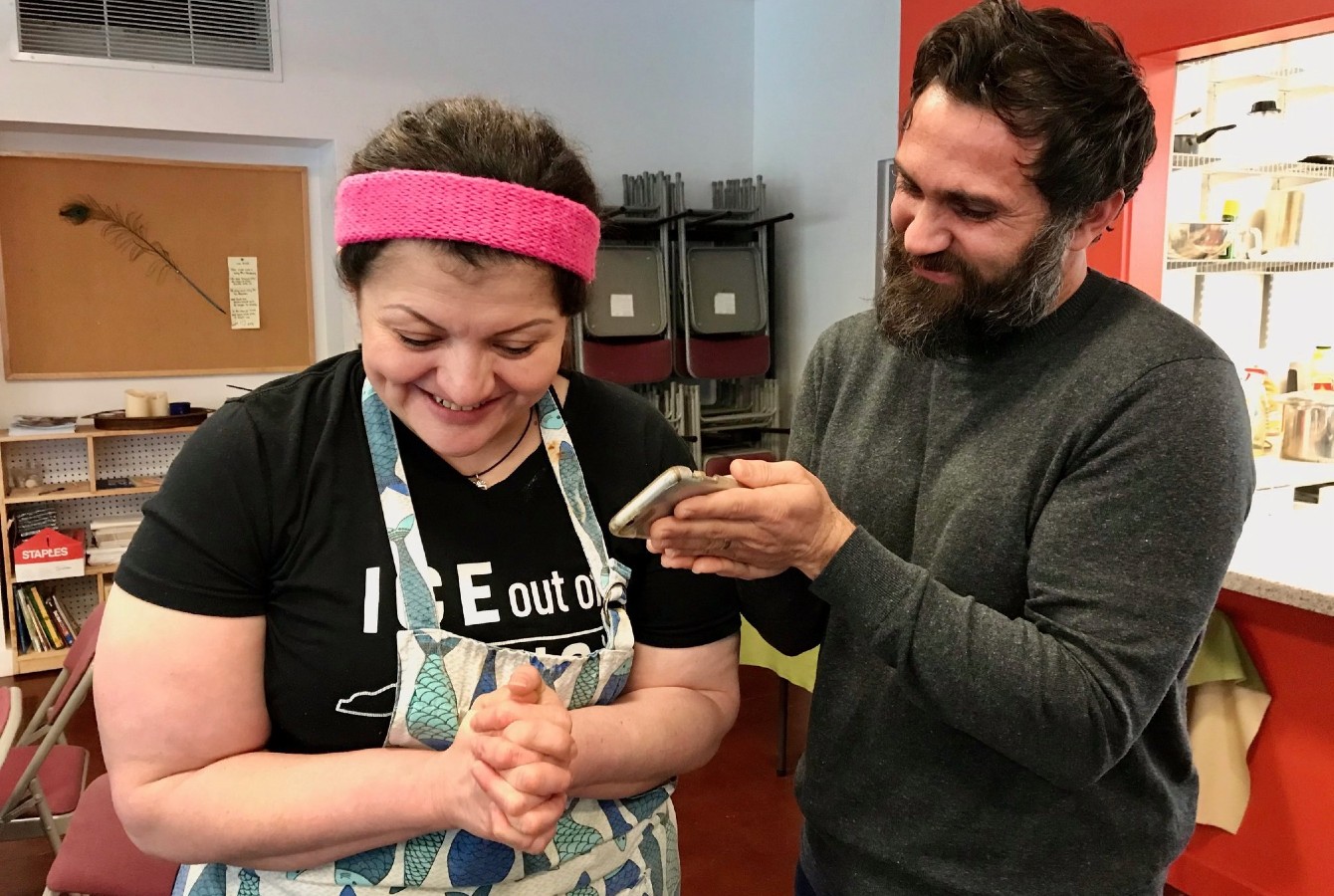
Rosa depended on us for the basics of life, for everyday necessities. Community members signed up for weekly errands and grocery runs. At her request, we scheduled volunteers for around-the-clock presence, including overnight shifts, in case ICE agents showed up. We understood our embodied witness of ecclesial sanctuary as a collective act of discipleship in opposition to the federal administration’s anti-immigrant policies.
The Bible reminds us that we, from time to time, might find ourselves in a similar position to Peter and the apostles. When summoned before the governing authorities, they declared that followers of Jesus must pledge allegiance not to secular powers but to the almighty ruler of heaven and earth: “We must obey God rather than any human authority” (Acts 5:29 NRSV).
Jesus had made clear to his disciples the nature of this absolute devotion to God: to provide food for the hungry, to offer drink to the thirsty, to welcome the stranger, to clothe the needy, and to minister to the sick and the imprisoned (Matthew 25:31-46). In other words, Christians are people who harbor and provide material support to endangered lives, including neighbors our government categorizes as “illegal.”
Eleven local congregations joined our partnership to support Rosa, and 160 volunteers regularly brought meals, helped with shopping and provided accompaniment at church. It became her home away from home, until Rosa left the protection of our church in March 2020.
Protecting neighbors
Marking the beginning of another term, Trump has eliminated a long-standing Department of Homeland Security policy directing ICE agents not to conduct operations in faith communities. The DHS had, until January, indicated that agents would refrain from arresting people in “sensitive locations,” which included hospitals, schools, public rallies, places of worship, and religious services such as funerals and weddings, no matter the place of the ceremony. That is no longer the case.
The acting secretary of DHS announced January 21 that his “first directive rescinds the Biden Administration’s guidelines for Immigration and Customs Enforcement (ICE) and Customs and Border Protection (CBP) enforcement actions that thwart law enforcement in or near so-called ‘sensitive’ areas.” Ragtag groups of church folks trying to protect neighbors from deportation would no longer hamper enforcement operations. A coalition of Quaker groups has already sued to block enforcement.
In their podcast “Sanctuary: On the Border Between Church and State,” Lloyd Barba and Sergio González trace the long history of the U.S. sanctuary movement, beginning with the biblical precedent of cities of refuge (see, for example, Deuteronomy 4:41-43). They tell the story of churches in the 1980s that harbored refugees from the wars in Central America, undocumented asylum seekers whom the U.S. government refused to welcome, while President Ronald Reagan’s administration funneled economic and military support to prop up the leaders of authoritarian regimes in Guatemala, El Salvador and Nicaragua.
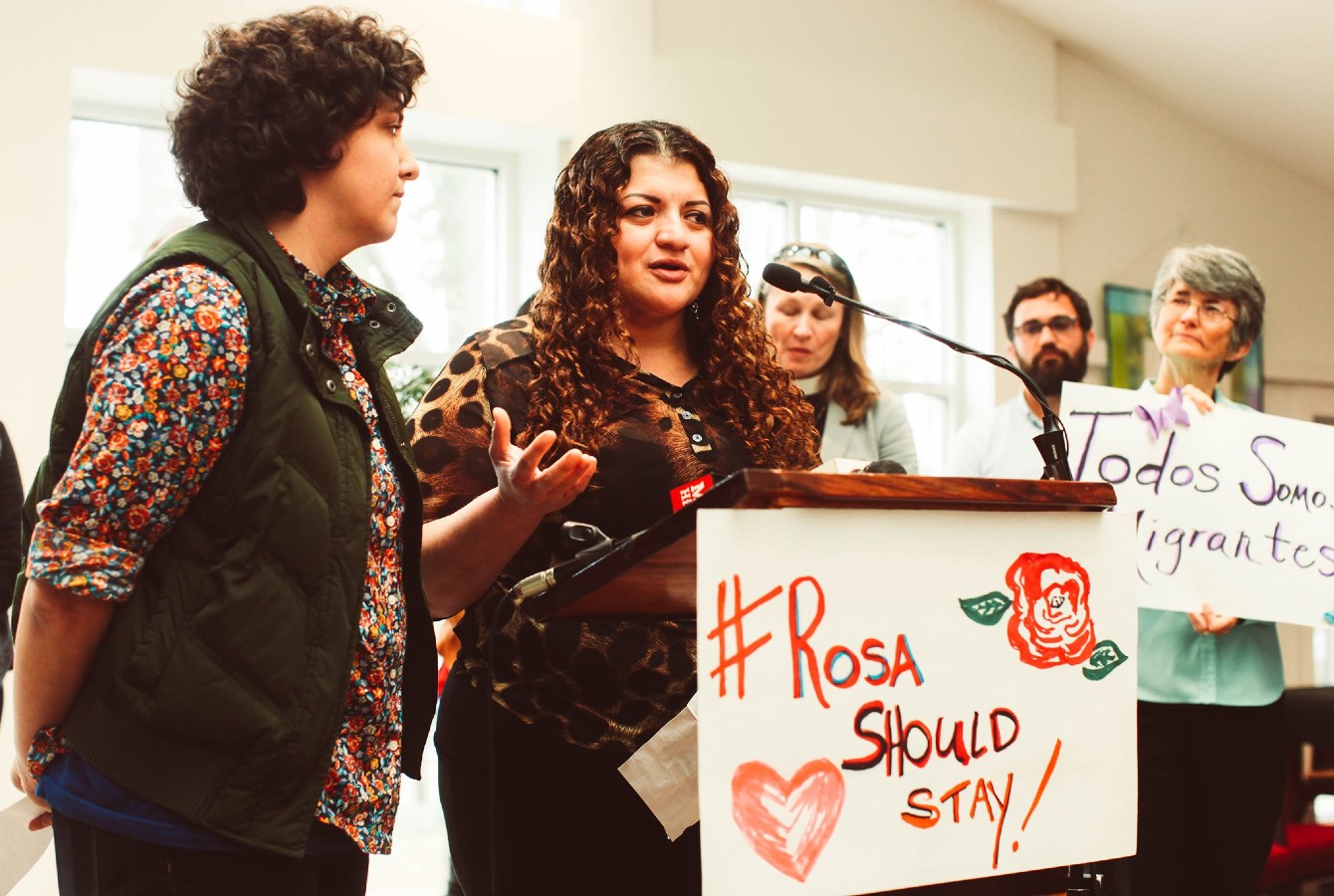
This tradition of sanctuary, Barba and González explain in their podcast, continues to inspire faith communities today, like my congregation during the first Trump presidency. The sanctuary tradition of the church is a Christian politics that hopes for an alternative to nationalist visions for a society that is less brown, less Latine.
On the campaign trail this past year, Trump resorted to the rhetoric of eugenics to win the support of voters. His vision for the United States is a throwback to late-19th-century pseudoscience that claimed that, through a biopolitical program, a nation could breed out unwanted characteristics of a population’s genetic stock. Trump portrayed the people crossing the border into the U.S. as criminals who are “poisoning the blood” of our country. “It’s in their genes,” he said.
His account of the people from Latin America who are moving into our country without documentation resonated with U.S. citizens. In the Public Religion Research Institute (PRRI) 2024 American Values Survey, participants were asked to respond to this statement: “The immigrants entering the country illegally today are poisoning the blood of our country.” Of the Republicans who participated in the poll, 61% agreed with the statement; of the Democrats, 13% agreed.
In terms of the religious breakdown of the participants, the survey findings include this note: “White evangelical Protestants (60%) are the only religious group in which a majority agree that immigrants entering the country illegally are poisoning the blood of the country.” Trump’s concern for racial demographics made sense to a lot of people, including a lot of Christians.
The same blood
The appeal of his anti-immigrant policies has to do with blood politics, with the social engineering of our country’s identity: the genetics of nationalism — policies that plot out, over the generations, whose children and grandchildren will be included in defining our peoplehood.
Trump has committed to nullifying the 14th Amendment of the Constitution, which establishes birthright citizenship as fundamental to our civic belonging: “All persons born or naturalized in the United States, and subject to the jurisdiction thereof, are citizens of the United States.” That provision has made millions of us who are children of immigrants, documented or otherwise, citizens. “We have to end it,” Trump said. “It’s ridiculous.” A federal judge has temporarily blocked the order, which is being challenged by immigrants' rights organizations and the attorneys general of some states.
With his executive order “Protecting the Meaning and Value of American Citizenship,” Trump has directed government agencies and departments, as soon as the end of February, to cease issuing citizenship documentation to the newborn children of noncitizens in the United States. His plan is about children, and the children of children. In other words, the Trump administration is worried about bloodlines, about “protecting” the “value of American citizenship” from the influence of particular ethnic groups.
If successful, he would change our legal framework of citizenship from jus soli, “by right of soil” — that is, if you’re born here, then you’re a citizen — to jus sanguinis, “by right of blood.” In other words, the state would peer into the status of a child’s bloodlines when adjudicating the appropriateness of citizenship. The identity of parents, not the place of birth, would determine the nature of a child’s belonging in the nation. With his executive orders, Trump is engaging in the long game of racial politics.
Blood relations are central to our Christian faith, although in a very different sense from that employed by political leaders involved in eugenicist nationalism. “The body of Christ, broken for you; the blood of Christ, shed for you,” we proclaim when we share food and drink at our communion tables.
The Holy Spirit draws us into the church, into communion with the body of Christ. “The blood of Christ is the blood of God,” writes Eugene Rogers, who highlights the significance of blood for a scriptural theology of the Christian life in his “Blood Theology: Seeing Red in Body- and God-Talk.” To eat and drink together at Christ’s table is to share in the life of God, through whom we become each other’s kin. God remakes our blood relations, mingling our lives.
“Christ gives his blood that ours may change,” Rogers explains.
Part of that change is a reformulation of our belonging — understanding ourselves in relations that reach beyond whatever we think our genes tell us about who we are. To be a Christian is to belong with Christ, whose bloodline extends through each of us, including people who are foreign to one another, as members of the same family.
In November, a couple of weeks after the election, I joined Rosa for a birthday party for one of her children. The celebration was in the backyard of her friend’s house. The adults ate and drank while the kids jumped around in a blow-up bouncy house. We filled the neighborhood with singing and laughing — the sounds of exuberance, of joy, of shared life.
I can’t say with any confidence what these coming months and years will have in store in terms of anti-immigrant policies and enforcement operations. But I do know this: there are churches where documented and undocumented people have joined their lives through Christ to one another, and that union has become a blessing too good to give up without a struggle.
To believe in the church is to hold each other close, because we’ve become members of the same body, of the same blood.

